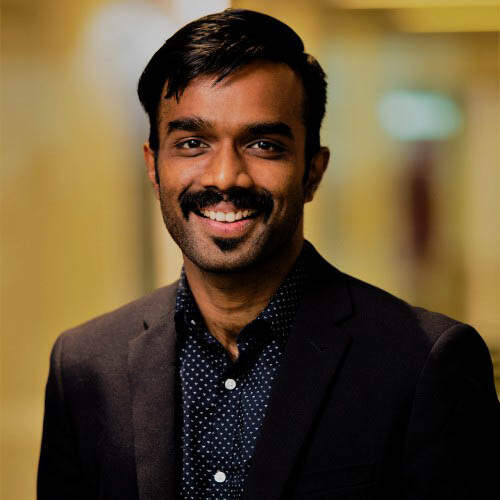After we witnessed what life without the daily rush-hour congestion could be like, city leaders now have a window of opportunity to set up the mobility of the future in line with smarter principles. Research by Kapsch TrafficCom for instance shows, a more intelligent steering of traffic lights alone can reduce street congestion by 25%.
The idea to adapt signal timing to real-time traffic is not a dream anymore. One of the relatively easy and accessible applicable strategies to improve traffic is by constant detection and optimisation of underperforming intersections with proper signal plans and arterial coordination and by modern smart adaptive signal controls. Kapsch use state-of-the-art machine learning to identify bottlenecks on the road and automatically generate improvements. In this way, even minor adjustments have major effects on the smooth flow of traffic. Here in Australia, Kapsch has deployed this application within its Smart Intersection within the AIMES environment in Melbourne to test and iterate our concept with various transport stakeholders with a focus on improved safety and reduced congestion through reducing yellow-box incursions and optimising the SPaT (signal phase and timing of traffic signals.
Another data-driven method against congestion is intelligent routing to stop saturation of main arterials within a street network. The problem: traffic information services and tools often suggest the same route for all users. The solution is to provide alternative recommendations to split traffic onto parallel navigation. We focus on this application within our Kapsch Intelligent Corridor within the AIMES environment in Melbourne to test and iterate our concept with various transport stakeholders, first to gain situational awareness, then to prioritise, action a response plan and measure the effectiveness within the entire network.
Measures like these work best in combination because they reinforce each other and are scalable within a transport network to better move people and freight in the most efficient and safe way.
Join next week's webinar to hear more about how to tame a city's traffic. Read the Kapsch whitepaper here.
Panellists

David Buckley-Bolt
Director Sales and Solutions APAC / SKIDATA
David Buckley-Bolt earned his Masters degree of Mechanical Engineering from the University of Strathclyde and International Business from Nanyang Technology University in Singapore. David has more than 10 years of experience with product development, regional group management, business development, and consulting. David is a passionate advocate for adoption of safer, smarter infrastructure.


Rohith Poolakkal
Solution Consultant – Asia Pacific | Advanced Traffic Management Systems (ATMS) / Kapsch TrafficCom Australia
Rohith started his career within the process automation domain and over the last two years has worked within the ITS industry, specifically the traffic management area with his time at Kapsch TrafficCom as a Solution consultant. Rohith liaises and builds his relationships with DOT’s and private agencies to support their business requirements and address challenges across traffic management and other advanced technology adoptions including Co-operative ITS technologies. Rohith has a strong passion for providing innovative solutions to complex problems to clients across the Asia-Pacific region to ensure safety can be enhanced to vulnerable road users and overall project and operational success can be achieved.

